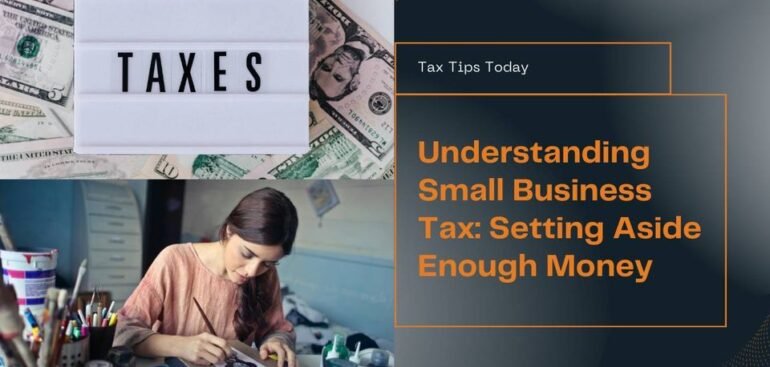As a small business owner mastering bookkeeping payroll and taxes is crucial for your success. These three components are the backbone of your financial management and play a significant role in your business’s stability and growth. In this comprehensive guide we will explore essential tips to help you efficiently manage your bookkeeping payroll and taxes ensuring your business runs smoothly and compliantly.
About ExactLedgers
ExactLedgers specializes in providing comprehensive bookkeeping payroll and tax services tailored to meet the needs of small companies across the United States. Our expert team understands the complexities of financial management and offers personalized resolutions to streamline your business operations. Whether you need assistance with day to day bookkeeping tasks payroll processing or tax preparation and filing ExactLedgers is dedicated to delivering accurate timely and compliant services. With our expertise you can focus on growing your business while we handle your financial responsibilities with professionalism and efficiency.
Understanding Bookkeeping Basics
Bookkeeping payroll and taxes are interconnected and comprehending bookkeeping basics is the first step. Bookkeeping involves recording all financial transactions categorizing costs and maintaining accurate financial records. Keeping detailed records ensures you can track income and expenses which is essential for handling payroll and taxes effectively.
Understanding Bookkeeping Basics
Bookkeeping payroll and taxes are interconnected and understanding bookkeeping basics is the first step. Bookkeeping involves recording all financial transactions, categorizing expenses and maintaining accurate financial records. Keeping meticulous records ensures you can track income and expenses which is essential for managing payroll and taxes effectively.
Setting Up a Bookkeeping System
Setting up an organized bookkeeping system is vital. You can choose between manual bookkeeping spreadsheet based systems or accounting software. Accounting software is highly suggested as it streamlines processes and integrates payroll and tax management. Regularly update your bookkeeping records to avoid errors and provide accurate financial reporting.
Managing Payroll Efficiently
Efficient payroll management is crucial for maintaining employee satisfaction and complying with tax regulations. Implement a reliable payroll system that calculates wages deductions and taxes accurately. Ensure timely payments to employees and maintain detailed payroll records which are essential for tax purposes.
Understanding Payroll Taxes
Payroll taxes are mandatory contributions that employers must withhold from employees’ wages and pay to the government. These include federal income tax, Social Security Medicare and state taxes. Familiarize yourself with the payroll tax requirements in your region and ensure timely payments to avoid penalties.
Keeping Up with Tax Deadlines
One of the critical aspects of mastering bookkeeping payroll and taxes is adhering to tax deadlines. Skipping tax deadlines can result in penalties and interest charges. Make a tax calendar to keep track of important dates such as quarterly evaluated tax payments, payroll tax deposits and annual tax returns.
Utilizing Tax Deductions and Credits
Understanding tax deductions and credits can remarkably reduce your tax liability. Keep thorough records of business expenses such as office supplies, travel and marketing costs. Consult with a tax professional to identify eligible deductions and credits that can benefit your business and ensure you take full advantage of them.
Staying Compliant with Tax Regulations
Staying compliant with tax regulations is crucial to avoid legal matters and penalties. Regularly review changes in tax laws and ordinances that may affect your business. Seek professional advice to ensure you comply with all local state and federal tax requirements and maintain accurate records for auditing purposes.
Leveraging Technology for Bookkeeping and Payroll
Leveraging technology can streamline your bookkeeping and payroll processes. Utilize accounting software that integrates with payroll systems to automate calculations and record keeping. Cloud based solutions offer real time access to financial data making it easier to handle your business finances from anywhere.
Seeking Professional Assistance
Mastering bookkeeping payroll and taxes can be challenging especially for small business owners with limited time and resources. Seeking professional assistance from accountants or bookkeepers can provide valuable expertise and ensure your financial records are accurate and compliant. Professional services can also help you plan for tax season and maximize deductions.
Conclusion
Mastering bookkeeping payroll and taxes is necessary for the financial health and growth of your small business. By understanding the basics implementing efficient systems staying compliant with regulations and leveraging technology and experienced expertise you can navigate these critical aspects of business management effectively. ExactLedgers is here to support you with expert bookkeeping payroll and tax services tailored to your business needs allowing you to focus on what matters most growing your business.
FAQs About Bookkeeping Payroll and Taxes
Q: Why is bookkeeping important for small businesses? A: Bookkeeping ensures accurate financial records which are crucial for making informed business decisions obtaining financing and complying with tax obligations.
Q: How often should I update my bookkeeping records? A: It’s recommended to update your bookkeeping records regularly ideally on a weekly or monthly basis to maintain accuracy and avoid errors.
Q: What are payroll taxes and how do I calculate them? A: Payroll taxes are taxes withheld from employees’ wages and paid to the government. They include federal income tax, Social Security Medicare and state taxes. Use reliable payroll software or consult with a tax professional to calculate them accurately.
Q: How can ExactLedgers help with my business’s financial management? A: ExactLedgers offers comprehensive bookkeeping payroll and tax services designed to streamline your financial operations. Our expert team ensures accuracy, timeliness and compliance allowing you to focus on growing your business with peace of mind.


